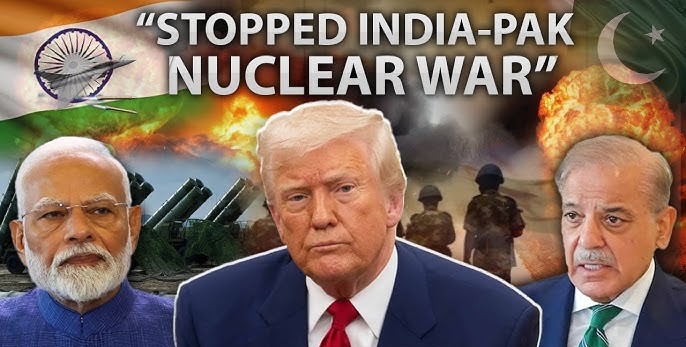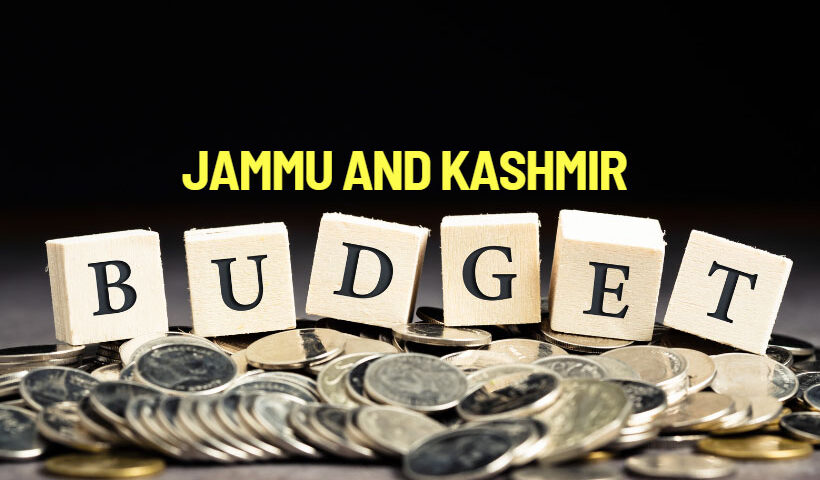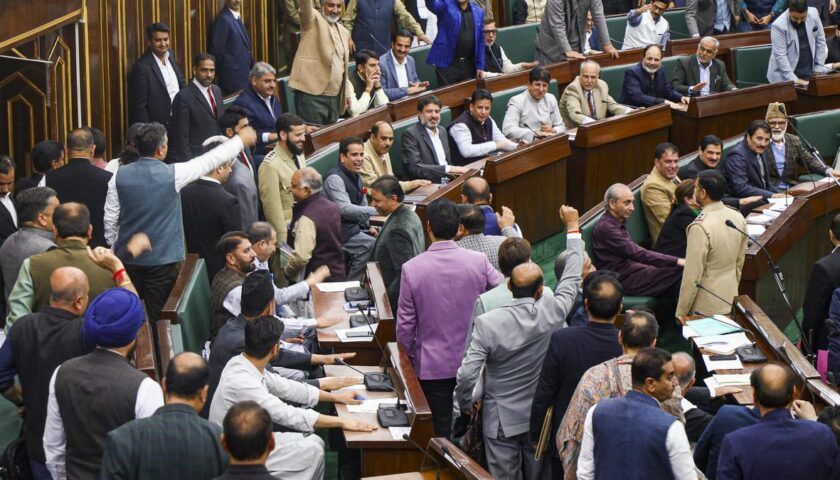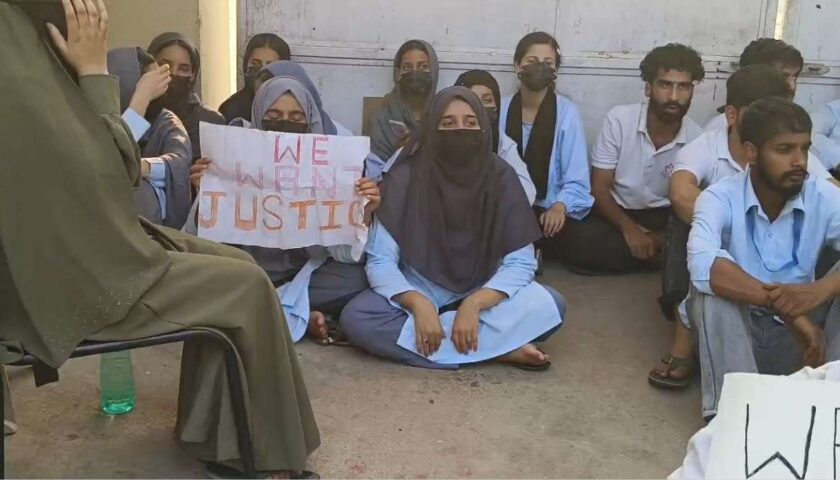As Trump rekindles his mediation rhetoric on Kashmir, India’s position remains resolute: No third-party role
Washington, D.C. | June 11, 2025 — Former U.S. President Donald Trump has reignited controversy with fresh claims that he “stopped a war” between India and Pakistan over Kashmir through personal diplomacy and trade pressure, adding that he could still resolve the long-standing dispute if given the opportunity.
Speaking at a bill-signing event at the White House, Trump said he had spoken to both nations during his presidency to diffuse tensions that had escalated dangerously following the April 2024 Pahalgam terror attack in Jammu and Kashmir.
“I stopped a war between India and Pakistan, and I did it with trade,” Trump asserted. “They were getting ready. Nobody ever wrote about it, but it was pretty cool.”
“Could Solve Anything,” Says Trump on Kashmir Dispute
The former U.S. president claimed that India and Pakistan had been embroiled in a rivalry over Kashmir for “2,000 years” and said he would bring them together if allowed to mediate.
“I asked them how long this has been going on, and they said 2,000 years. I said, ‘Oh, that’s a problem,’” Trump quipped, suggesting he could resolve the conflict if given the mandate.
Trump claimed his outreach to both nations during the height of the conflict helped prevent a potential nuclear escalation. “I called each of them. I respect both leaders greatly, I know them. I spoke to them about trade. I warned them — if there’s war, forget about trade with the U.S.,” he said.
India Rejects Mediation, Reaffirms Bilateral Position
New Delhi has responded by reiterating its long-held position that Kashmir is a bilateral issue between India and Pakistan, not subject to third-party intervention.
“India has always maintained that all outstanding issues with Pakistan must be resolved bilaterally and peacefully,” an official from the Ministry of External Affairs (MEA) said, indirectly rejecting Trump’s renewed claim.
This is not the first time Trump has offered to mediate on Kashmir. Similar proposals were made during his presidency in 2019 and 2020, all of which were dismissed by India.
Operation Sindoor and DGMO Talks Led to Ceasefire
Following the April 22 Pahalgam terror attack, which killed seven tourists and injured 19, India launched Operation Sindoor on May 7 — a series of precision airstrikes targeting terrorist camps in Pakistan-occupied Kashmir (PoK).
Pakistan responded with retaliatory fire between May 8 and 10, heightening fears of broader conflict. However, a DGMO-level conversation between both militaries on May 10 led to a mutual agreement to halt military operations.
Indian officials have credited this direct military communication — not U.S. diplomacy — with de-escalating the situation.
U.S. Trade Talks with India and Pakistan Continue
Trump also highlighted ongoing U.S. trade negotiations with both countries, stating that his administration leveraged economic ties to de-escalate military tensions.
“They both have very serious nuclear capabilities, and I think we deserve some credit, the Republican Party does, because that’s how we think,” Trump said.
While trade talks between the U.S. and India have progressed in recent months, Pakistan is also reportedly seeking to reengage in discussions, particularly on textile and agricultural exports.
Analysis: Political Motives and International Implications
Trump’s comments come amid growing speculation about his foreign policy legacy and a possible re-election bid. His claim to have prevented a nuclear war may appeal to his domestic base but risks stirring diplomatic sensitivities in South Asia.
Experts suggest such remarks, while politically dramatic, could complicate delicate diplomatic dynamics in the region, especially as India continues to push for global recognition of Kashmir as an internal matter.
What’s Next?
While the U.S. remains a strategic partner for both India and Pakistan, New Delhi’s firm stance on bilateralism continues to be the cornerstone of its Kashmir policy. Trump’s renewed interest in the dispute may spark headlines but is unlikely to change India’s fundamental approach.
For now, the claim remains unverified by either government. No formal acknowledgment from New Delhi or Islamabad supports Trump’s version of events — raising questions about the accuracy of his intervention narrative.




